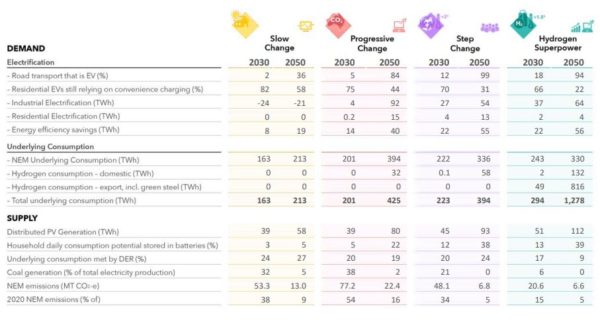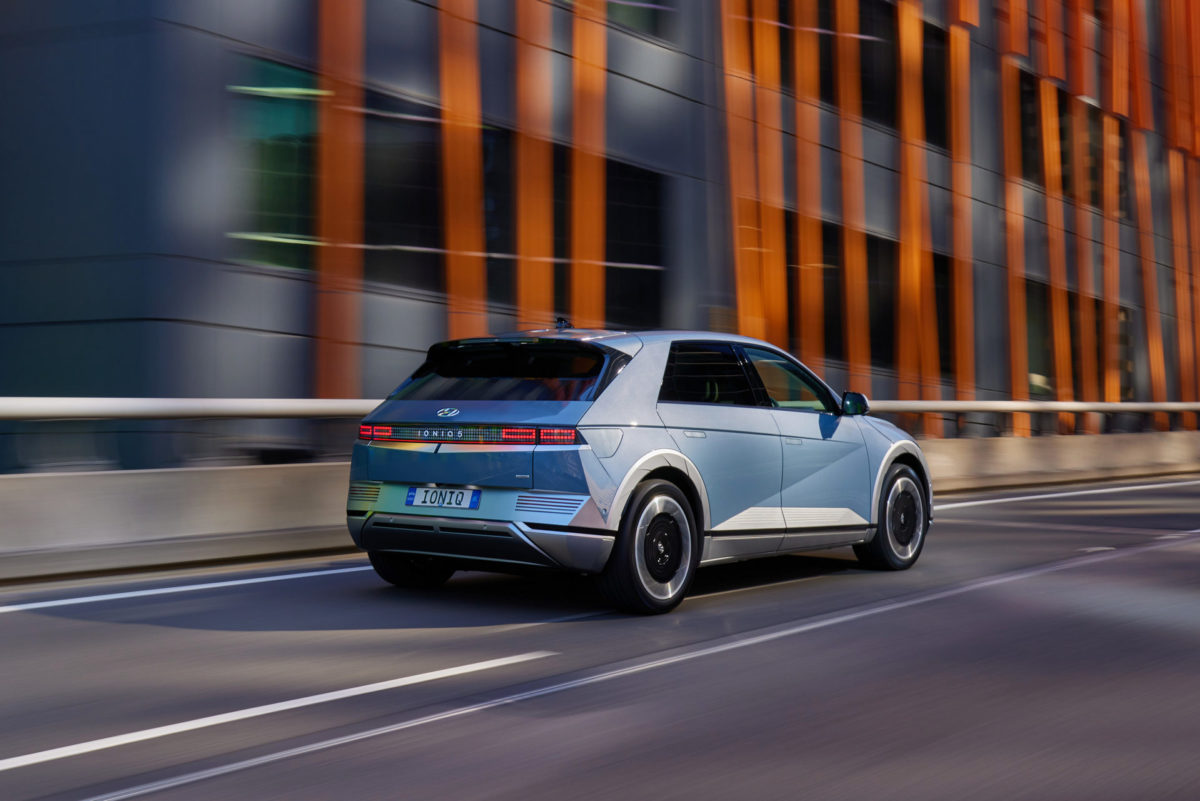Australia’s Energy Security Board (ESB) released an issues paper on Thursday seeking feedback from industry and stakeholders to develop policy advice on the technical foundations necessary to support the effective integration of smart charging for electric vehicles (EVs) into the National Electricity Market (NEM).
The ESB’s Electric Vehicle Smart Charging Issues Paper is seeking input from stakeholders on a range of issues relating to the development of effective arrangements for EV smart charging in both domestic and public settings.
The establishment of standards to support the effective integration of charging devices for EVs was identified as a priority activity as part of ESB’s delivery of the broader DER Implementation plan, which is seeking to maximise the benefits of the continued rapid uptake of distributed energy resources including rooftop solar and battery storage.
“Australia is in the midst of a fast-paced transition,” the paper says. “Changes in how households, businesses and communities generate and consume energy are underway at both the large and small scale and require a reimagining of how consumer energy outcomes are met.”
The ESB said given the potential energy implications of a significant increase in EVs, it is also “relevant to consider how settings may be introduced in ways that can support and encourage convenient and efficient charging behaviour as well as drive efficient investment decisions”.
EV uptake in Australia has been slower than in offshore markets but the rollout of plug-in zero emissions vehicles is projected to grow substantially in the next few years. In 2021, EV sales in Australia totalled 20,665, a three-fold increase on the 6,900 EVs sold in 2020 and the growth is expected to accelerate.
Projections published by the Australian Energy Market Operator (AMEO) in its 2022 Integrated System Plan suggests that EVs will comprise 58% of the national fleet by 2040. This would account for approximately 37 TWh of electricity demand.

Image: AEMO
The ESB said this growth has implications for planning and forecasting of energy demand across the NEM, and in particular for the potential impact on future peak demand requirements.
“The projected increase in EV ownership and eventual transition to a full EV fleet will be transformative on the energy supply chain,” it said. “Planning for the transition and that longer-term future must commence today.”
The ESB said while Australian motorists have been slow to purchase EVs, that fact represents an opportunity to learn from international experience and adapt what might work best in an Australian context.
The ESB is seeking feedback from industry and stakeholders on a broad range of issues relating to the development of effective arrangements for EV smart charging in both domestic and public settings.
This includes equipment standards and alignment across jurisdictions; interoperability standards for both residential and public environments; and policy settings that allow for the growth of private investment in public charging. The ESB is also seeking feedback on cybersecurity issues; remotely managed smart charging capabilities; technology specific tariffs; and charge-point pricing.
Feedback to the Issues Paper must be submitted by 19 August 2022. It will then be used to support the development of draft directions and advice to government relating to the adoption of minimum standards for EV smart charging.
This content is protected by copyright and may not be reused. If you want to cooperate with us and would like to reuse some of our content, please contact: editors@pv-magazine.com.









By submitting this form you agree to pv magazine using your data for the purposes of publishing your comment.
Your personal data will only be disclosed or otherwise transmitted to third parties for the purposes of spam filtering or if this is necessary for technical maintenance of the website. Any other transfer to third parties will not take place unless this is justified on the basis of applicable data protection regulations or if pv magazine is legally obliged to do so.
You may revoke this consent at any time with effect for the future, in which case your personal data will be deleted immediately. Otherwise, your data will be deleted if pv magazine has processed your request or the purpose of data storage is fulfilled.
Further information on data privacy can be found in our Data Protection Policy.